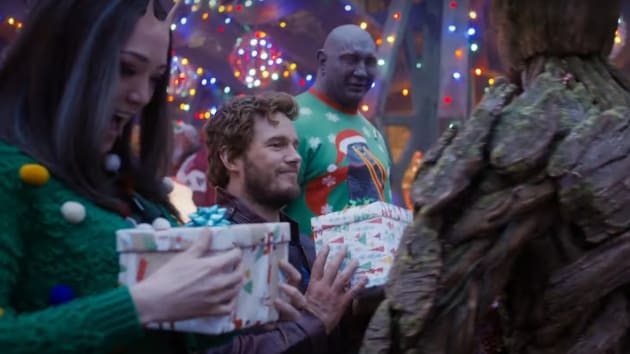
In the first week of May 2024, the first images of James Gunn’s Superman were posted, with David Corenswet now inhabiting the role of the Man of Steel.
Looking at Corenswet, it’s easy to see that this Superman is a throwback to Christopher Reeve’s groovy interpretation of the Superman of 1978.
Not just a superhuman being but a likable dork with a heart of gold, the Superman that baby boomers fell in love with.
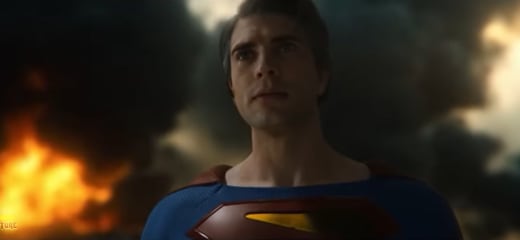
It’s the opposite of what Zack Snyder envisioned with Man of Steel and Batman v Superman: Dawn of Justice — an aging Superman feeling alienated from humankind and looking downright surly.
(The face of Henry Cavill’s Superman, that imperious, disenchanted, loveless face, was a work of art. He would do a fantastic job as a villain for a change.)
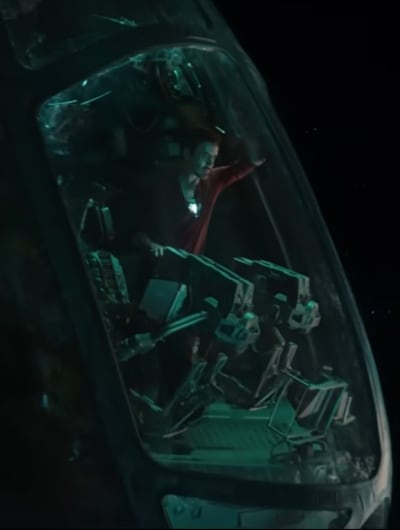
Despite perfect casting, Snyder went full Emo Superman with his DCU, adding a splash of moodiness to these action-hero paintings as if to illustrate a God existing in the real world.
James Gunn’s specialty has never been mystery and awe. He’s a filmmaker obsessed with breaking the fourth wall, coloring in shades of pathos between huge splash pages of self-deprecating comedy.
His unique style has undoubtedly earned him a following, along with a nation of angry Snyder-ites who don’t like heroes who go for cheap laughs.
But Gunn’s style, as kitsch as it was, complemented the Marvel Cinematic Universe. It’s difficult to imagine the 20+ hour interrelated superhero soap opera that is Avengers without its frequent comedy sketches.
The script practically begged for some intermissions between buildings crumbling and supervillains explaining their convoluted plots.
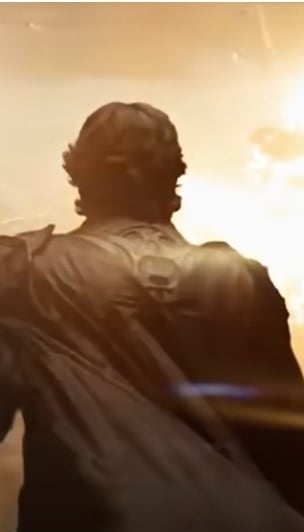
Even sitting through Zack Snyder’s Justice League (2017), 242 minutes of superheroes brooding — available in color or black and white(?!) — is an exercise in stoicism rather than indulging in your comic book geekiness.
Gunn was shrewd enough to know that Guardians of the Galaxy could quickly become a soulless and grotesque film without its meta-humor, like a $230 million Howard the Duck retread.
Instead, Gunn brought his absurdist, nothing-sacred wit to the franchise, bonding with his general audience of cynics over comebacks and riffs worthy of Mystery Science Theatre 3000.
He demonstrated much of the same dark wit in his indie hit Super (2010), where he laid out the prototype for the budding comic book farce genre, along with Matthew Vaughn’s Kickass.
These films both trolled and entertained the audience, daring viewers to imagine a “realistic superhero movie” with brutal consequences to all the exciting hijinks.
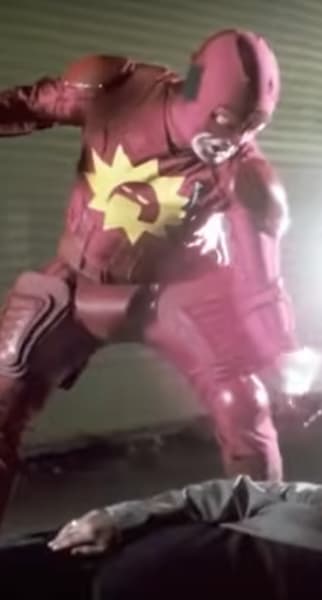
Gunn’s dark humor is both his best and worst asset.
He’s the type of storyteller who intentionally goes too far.
Whether it’s tweeting awful standup (coming across like an autistic Daniel Tosh) or the debacle that was The Suicide Squad (2021), a movie that joked so hard the plot became an inconvenience to the celebrity reality show, Gunn knows how to push buttons.
But the studios trust him; he’s the guy who understands the timeless appeal of ADHD-friendly filmmaking.
If DC is ever going to match Marvel in profitable franchises, it needs more of Gunn’s short-term storytelling and less of Synder’s extended-cut homage to beautiful comic book drawings of yesteryear.
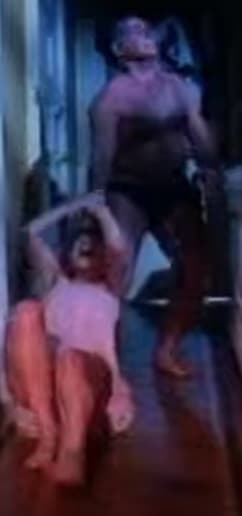
Gunn’s ultimate test is coming.
While he often dabbles in dark comedy, his true love is horror. He grew up watching Night of the Living Dead and Friday the 13th.
His first break in Hollywood came from the indie flick Tromeo and Juliet. Unfortunately, this pre-Pulp Fiction era concept was delayed a few years until it had the bad luck of following Quentin Tarantino’s Pulp Fiction ascension.
However, whereas Tarantino was darkly humorous with an underlying point, Gunn seemed oblivious to character development and preferred to fetishize human suffering with a bit of sadistic wit.
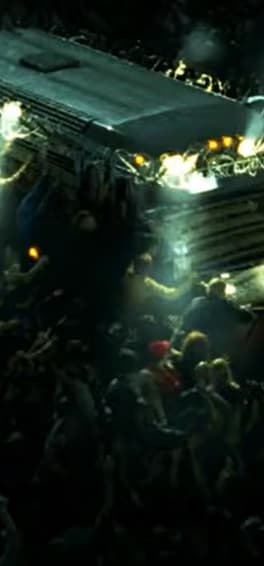
Regardless of the setting or the script, everything was a zombie massacre just waiting to happen. Unsurprisingly, he peaked with Dawn of the Dead (2004), teaming with Zack Snyder, who probably taught him a thing or two about occasionally filming beauty rather than depicting nothing but savagery.
In the end, James Gunn gambled and won — he picked up the ruins of Dwayne Johnson’s bombastic, low-intellect DC Universe and instead sold the studio on a new idea.
Satirize the comic book genre, rather than worshipping it, and bring back younger audiences.
DC deserves its End Game moment — a season finale epic of superheroes. But this time, get rid of the Gods, the paintings, and the end-of-time anxiety. Bring back the fun and the folly of comic book scenarios.
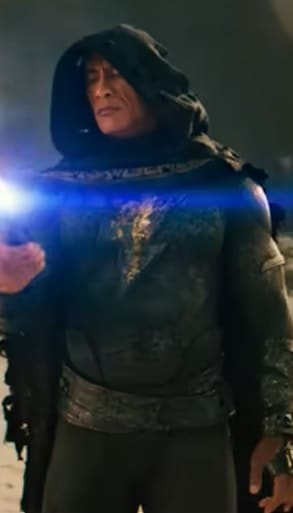
Gunn is even going further than Marvel could by eschewing celebrities-cast-as-superheroes and instead going for more character actor choices.
Casting B-list celebrities or rising stars gives Gunn the rare opportunity to build his brand and create a universe where storytelling is more important than celebrity gravitas.
Many comic book fans feel that DC has always been the more jaded, intellectual choice to Marvel’s war-centered novels, with their social commentary and delineation of lawful good vs. chaotic evil.
DC Comics has always challenged comic book readers with taboo concepts that, at some point, didn’t belong in PG-rated entertainment.
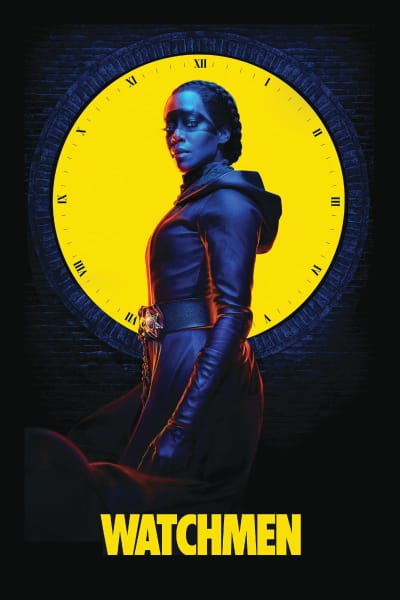
From Watchmen’s moral ambiguity to Frank Miller’s hard-boiled narrative that struck fear into our hearts to Vertigo’s line of sexual themes and mental traumas, DC forced us to grow up — even if we carried our toys and comic books with us into adulthood.
Even in the 2020 decade, DC Comics still rocks when it introduces adult concepts that blur the lines between discomfort and exhilaration. Todd Phillips’ Joker was a master class in social awkwardness. Somehow, it still worked as a reflection of Generation Z’s discontent with the world.
While many comic book fans have already decided that Gunn is an abomination as a human being and a wise-cracking prankster of a director who doesn’t appreciate conflict-driven dialog, I look forward to seeing just how far his mind can think outside the box.
Now that Gunn has a virtual “blank check” to recreate the DC Universe, I can only imagine his grandest vision.
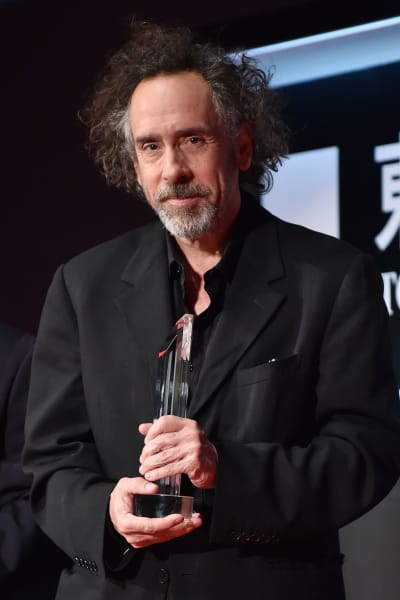
Will he revitalize it like Tim Burton lovingly drew Batman as a sleep-paralysis-induced demon?
Or will he give us another Sergio Aragones Destroys DC mini-series and retool Guardians of the Galaxy into another space zombie epic with more R-rated gore and sex jokes that are too bawdy for Marvel?
Gunn has a rare opportunity to rise above his “woke” cancellation of 2018 and give us some food for thought.
If anyone should have something interesting to say about life and surrealism, it’s this guy — a director who fought hard for his place in Hollywood, literally lost everything, and then bounced back despite his own worst flaws.

I eagerly await his revelation.
I don’t expect Oppenheimer from the likes of Gunn.
But I would love to see something as daring as Super again, mixing comedy and horror in ways we’ve never thought of before because we’ve been conditioned to cheer and laugh at comic book characters rather than shriek in terror.
Make the DC Universe uncomfortable again, James. If anyone can do it, it’s you.
Michael Arangua is a staff writer for TV Fanatic. You can follow him on X.








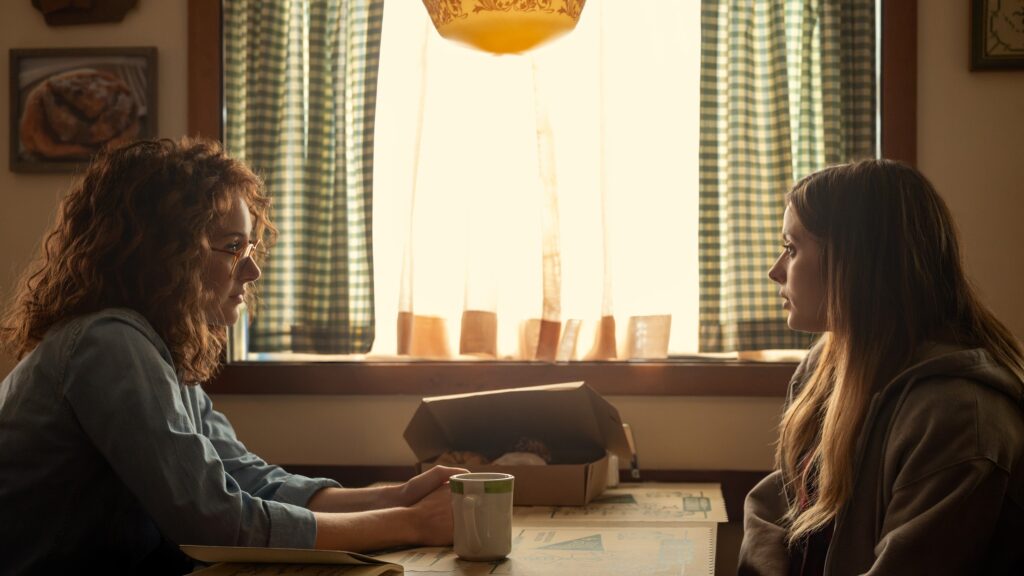
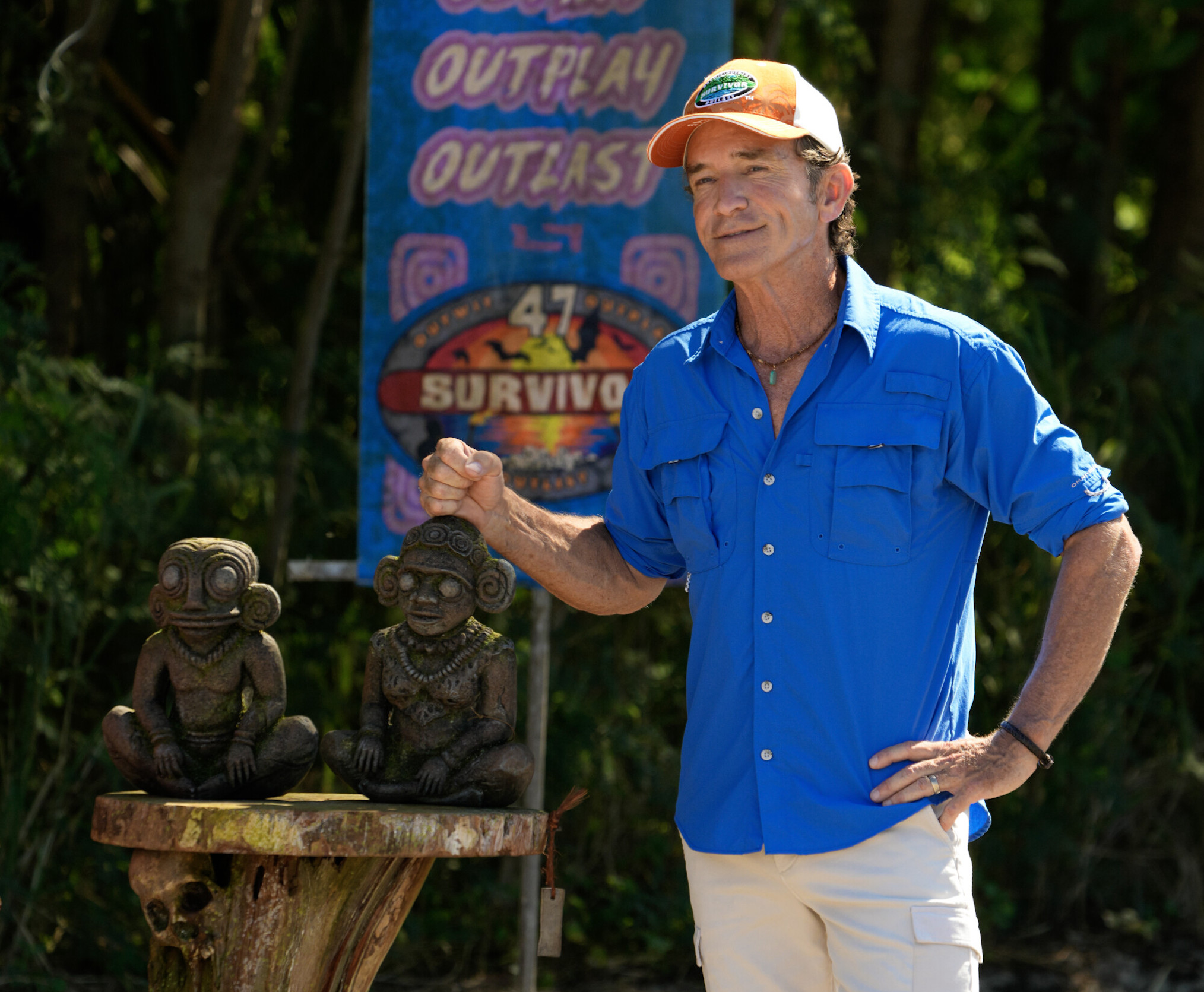
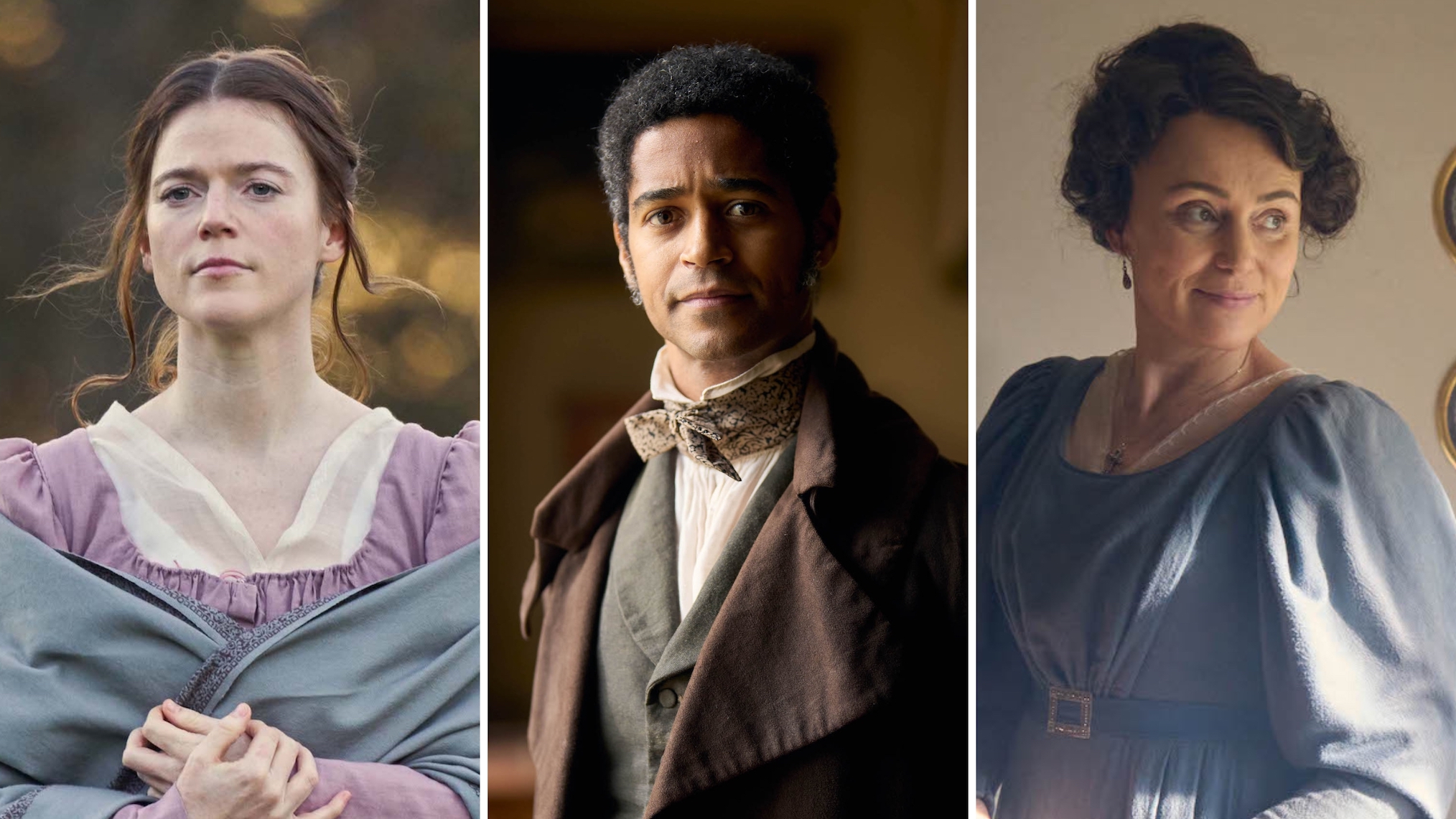

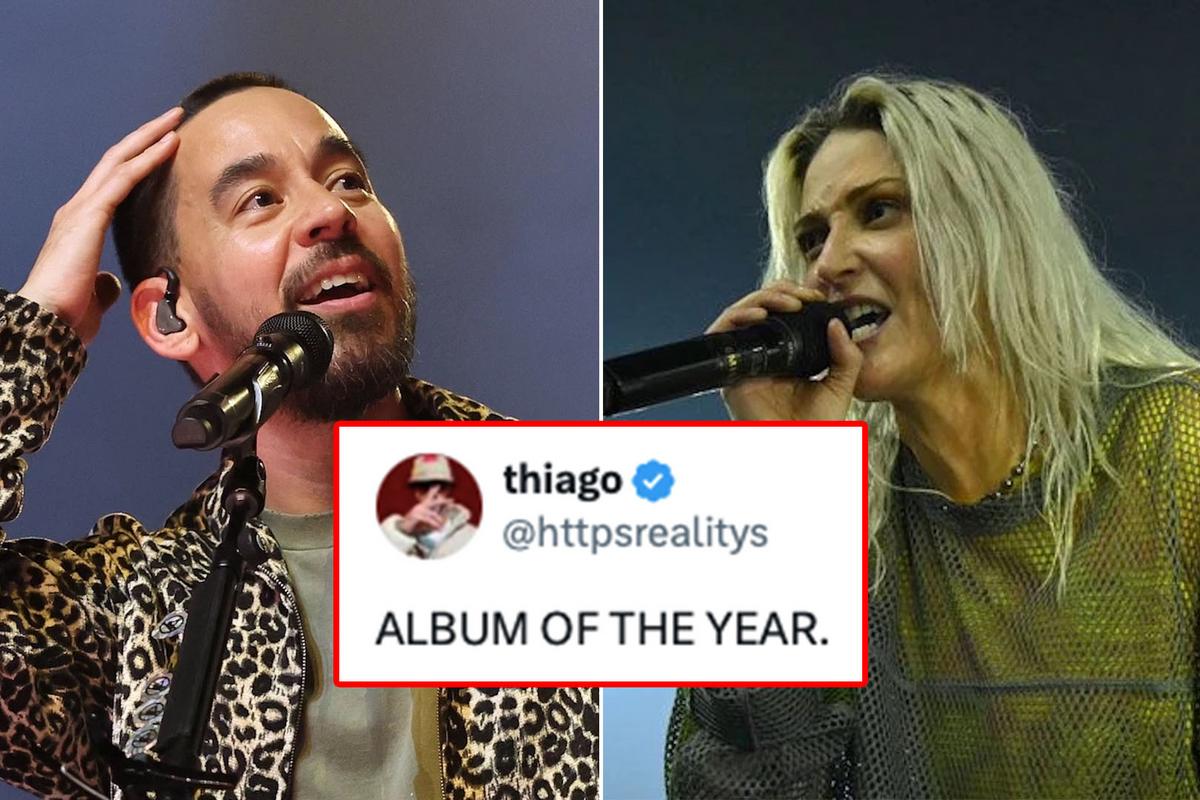



:quality(85):upscale()/2024/11/13/919/n/1922564/cc0839716735141c6dab05.65024797_.jpg)

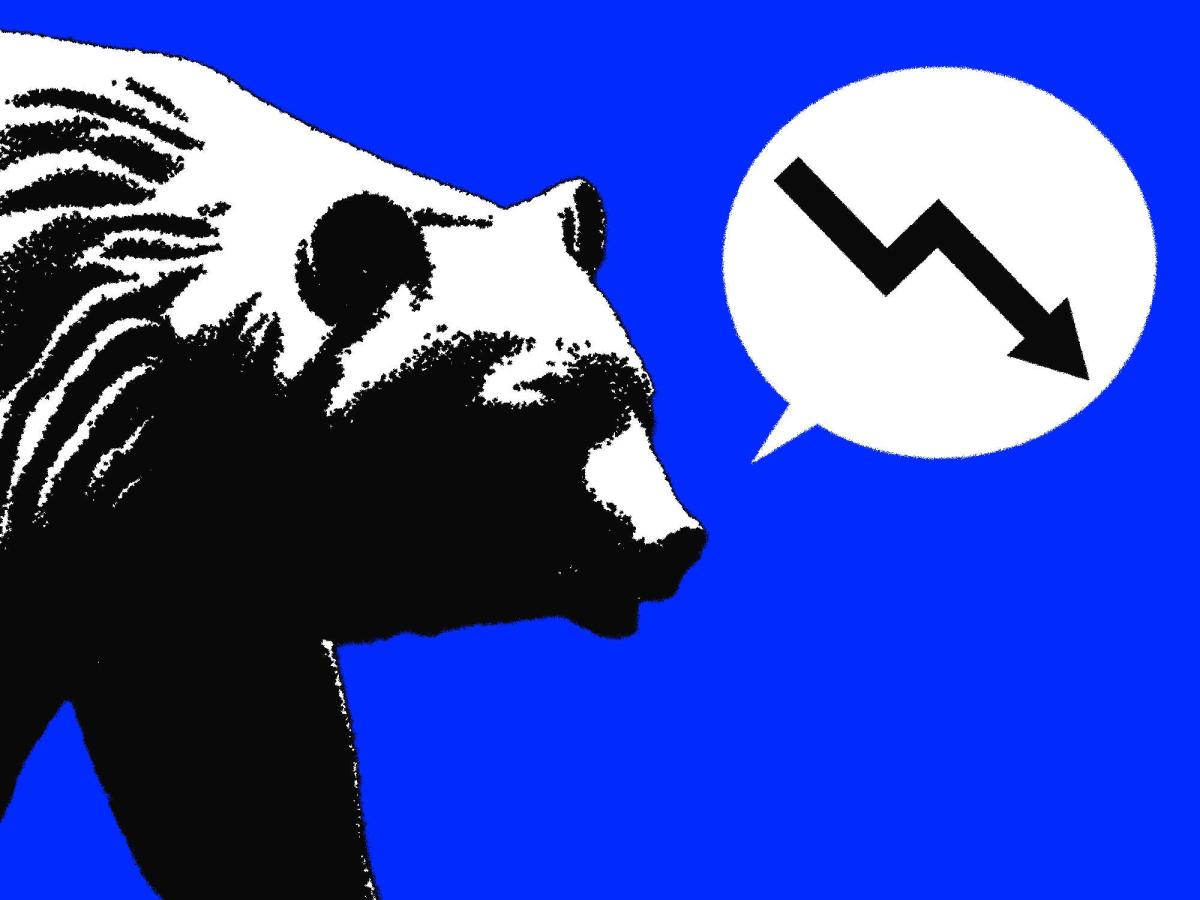


![Lil Uzi Vert – Chill Bae [Official Music Video] Lil Uzi Vert – Chill Bae [Official Music Video]](https://i.ytimg.com/vi/D7F42F_JM3U/hqdefault.jpg)
![Finesse2Tymes & Og Boo Dirty – Real Recognize Real [Official Music Video] Finesse2Tymes & Og Boo Dirty – Real Recognize Real [Official Music Video]](https://i.ytimg.com/vi/3xb4bl5PWF8/maxresdefault.jpg)

